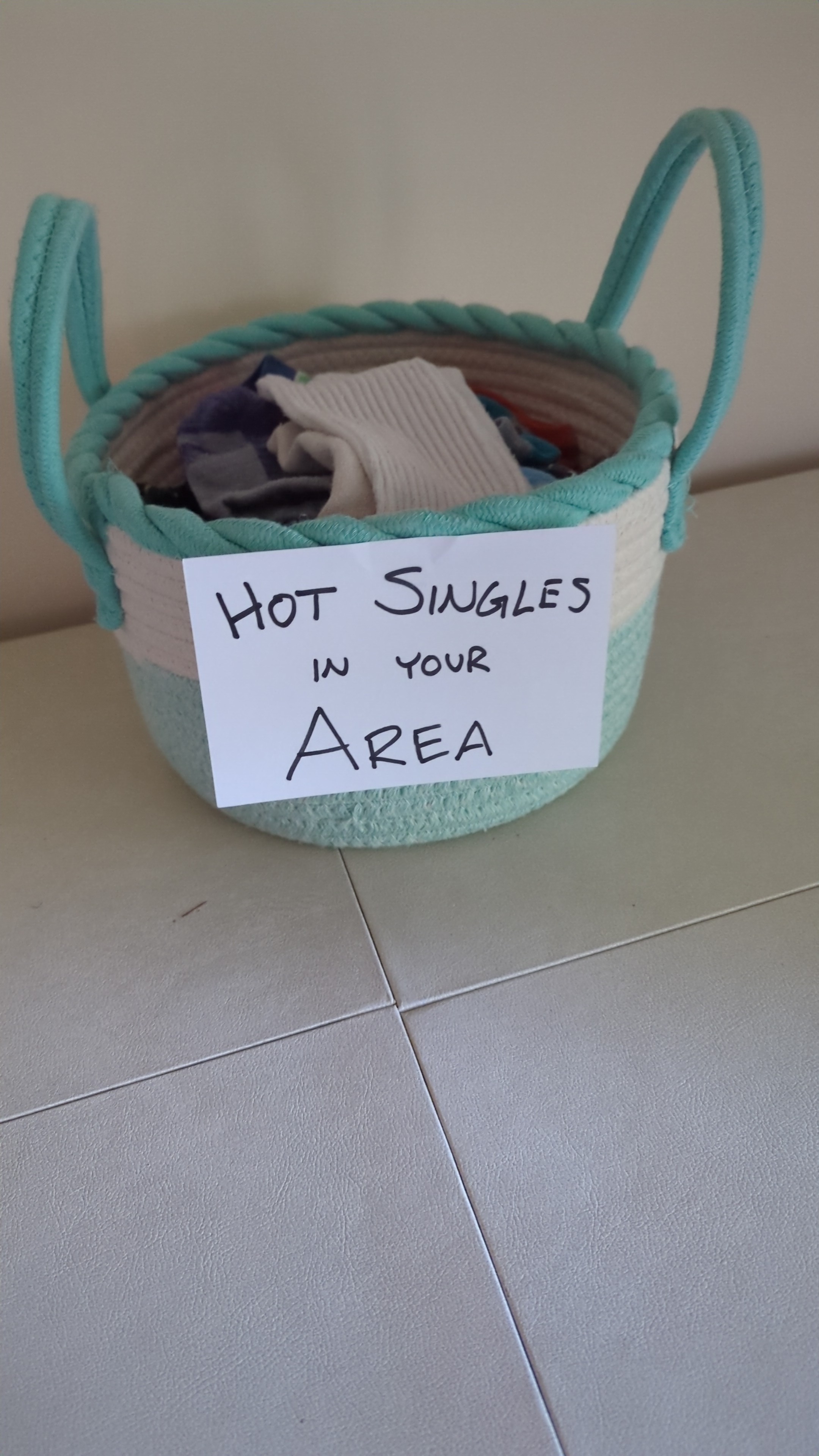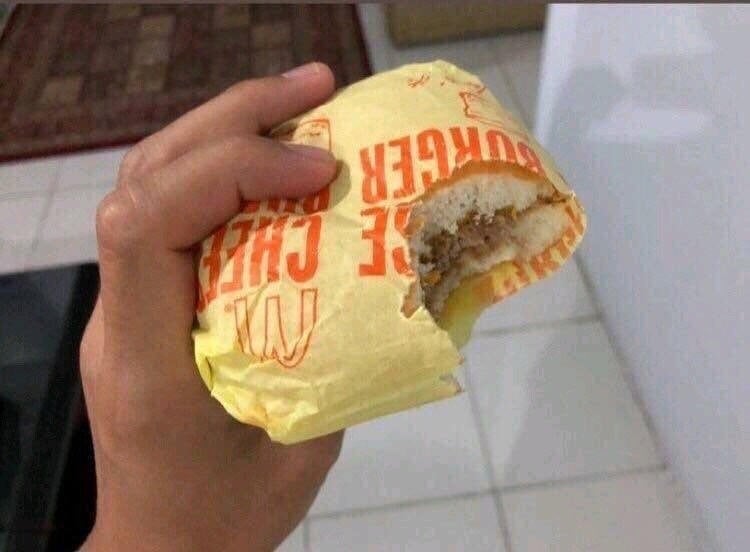

Math! Also, noise!
There are algorithms (a set of math steps) that make pseudo-random numbers. These usually involve large prime numbers, because those usually generate fewer repeating patterns.
A truly random number generator is similar to rolling dice: you use some source of randomness and convert it to a number. All electric circuits produce “noise” (which is often received radio waves and such that interfere with the circuits). Think of tuning a radio to a channel with nothing on it–you get “white noise”, which can be a good source of random information. Then all you need to do is convert that to a range of numbers, and you’re good to go.
These are fairly simplified explanations, so take them with a grain of salt, but they give the general idea.







A few assumptions:
First, I’d make sure to include a stripped down version of 7zip, or whatever compression I use (y’all don’t wanna get on there and realize you can’t decompress your files). Hopefully only a few MB for a CLI utility.
Second, I’d include a decent library stored in a compressed text format. Some fiction, some non-fiction, classics, some of my favorite series, a bunch of “Intro to ___” type of books, that kind of thing. Probably up to 50MB or so.
Third, I would include some low-quality audio of some favorite music as well as a few audio books. Maybe 200MB or so.
Fourth, I’d include a copy of a simple game engine system (maybe something like libgdx) as well as Inkscape, and whatever compiler I would need to create programs/games for my PC, and relevant documentation. This would give me both a creative outlet, and allow me and my companion to make new games for each other to have something novel. Hopefully around 100 or 200MB.
Depending on the size, I might also consider including something like FruityLoops, again to be able to create new content. Ideally something that’s 100MB or so.
With whatever space I have left (300 or 400MB-ish), I’d include things like emulators and a couple favorite older games (Lord of the Realms 2 comes to mind) that have good replay value and would be small enough to fit. Ideally some multi-player options as well (assuming a shared keyboard).
Without previous knowledge of the available PC, I’d include multiple builds of 7zip for most common architectures, and prioritize the books and audio. Maybe bring a couple variants of GCC and minGW (if I can write programs, I can eventually replicate lots of the other software).